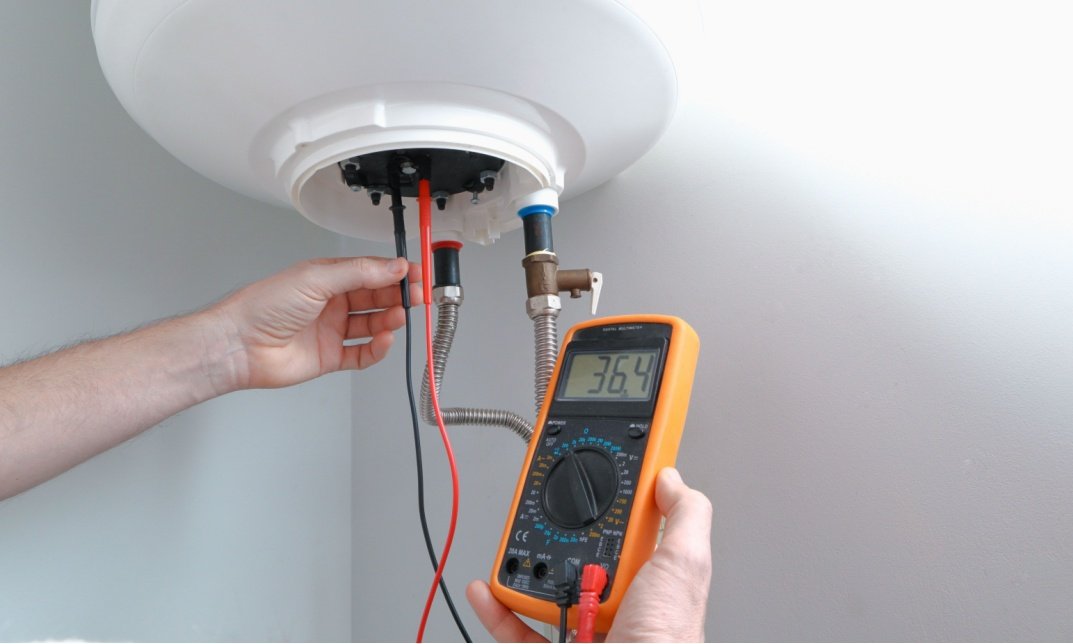No products in the cart.
Have you ever wondered what happens if a whistleblower is wrong? Whistleblowing is often seen as a brave act, exposing wrongdoing within organisations. However, the consequences can be significant if the information turns out to be incorrect. Therefore, understanding the potential outcomes of a false whistleblower claim is crucial for both the whistleblower and the organisation involved.
What is the Role of Whistleblowers?
Whistleblowers play a vital role in maintaining transparency and accountability. They often bring to light issues that might otherwise remain hidden, such as fraud, corruption, or safety violations. Thus, they are seen as crucial to the integrity of organisations and institutions. However, the accuracy of their claims is important. If a whistleblower is wrong, the repercussions can be severe, affecting not only the whistleblower but also the accused parties and the organisation as a whole.

Consequences for the Whistleblower
When a whistleblower’s claims are proven false, several consequences may follow:
- Legal Repercussions: In some cases, whistleblowers may face legal action if their claims are found to be intentionally false or malicious. This could include defamation lawsuits or charges of making false statements.
- Professional Impact: A whistleblower who is wrong may face professional setbacks. Their credibility can be damaged, making it difficult to find future employment or maintain their current position.
- Personal Strain: The stress of being involved in a whistleblowing case can be immense. If the claims are incorrect, the whistleblower may experience personal and emotional strain, affecting their mental health and personal relationships.
Implications for the Accused
Moreover, the individuals or organisations accused by a whistleblower can suffer significant harm, even if the claims are unfounded. Therefore, it is essential to consider the following:
- Reputational Damage: Being falsely accused can tarnish an individual’s or organisation’s reputation. This damage can be long-lasting, affecting public perception and trust.
- Financial Costs: Defending against false claims can be costly. Legal fees and the potential loss of business or funding can have a substantial financial impact.
- Operational Disruption: False allegations can disrupt normal operations, leading to a loss of productivity and morale within the organisation.
Legal Framework and Protections
In many jurisdictions, laws are in place to protect whistleblowers from retaliation. However, these protections do not extend to those who make false claims. Thus, it is crucial for potential whistleblowers to ensure the accuracy of their information before proceeding.
Key Legal Considerations:
- Good Faith Requirement: Many whistleblower protection laws require that the whistleblower act in good faith, believing their information to be true.
- Evidence and Documentation: Whistleblowers should gather substantial evidence to support their claims, ensuring they can substantiate their allegations if challenged.
- Legal Advice: Seeking legal counsel before making a whistleblower claim can help individuals understand the potential risks and ensure they are protected under the law.
Importance of Whistleblowing Policies
To manage whistleblowing effectively, organisations should have clear policies in place. These policies help employees understand how to report concerns safely and ensure that disclosures are handled appropriately. Moreover, having a well-defined process can prevent misunderstandings and protect both the whistleblower and the organisation from unnecessary harm.
Steps for Employers
Employers must handle whistleblowing disclosures with care. Here are some steps they can take:
- Investigate Thoroughly: Conduct a fair and thorough investigation of the claims. This ensures that any genuine issues are addressed and false claims are identified.
- Maintain Confidentiality: Protect the identity of the whistleblower to prevent retaliation and encourage others to come forward with information.
- Provide Feedback: Keep the whistleblower informed about the progress and outcome of the investigation while maintaining confidentiality where necessary.
- Document Everything: Keep detailed records of the investigation process and any actions taken. This documentation can be crucial if the case escalates to legal proceedings.
How Organisations Can Respond
Organisations must handle whistleblower claims carefully, even if they suspect the claims are false. Therefore, they should consider the following steps:
- Conduct Thorough Investigations: It is essential to investigate all claims thoroughly and impartially to determine their validity.
- Maintain Confidentiality: Protecting the identity of both the whistleblower and the accused during the investigation process is crucial to prevent undue harm.
- Implement Clear Policies: Organisations should have clear policies and procedures for handling whistleblower claims, ensuring transparency and fairness in the process.
Conclusion
The question of what happens if a whistleblower is wrong is complex. While whistleblowers are vital for accountability, the consequences of false claims can be severe for all parties involved. Therefore, it is essential for potential whistleblowers to act responsibly, ensuring their information is accurate and well-documented. Moreover, organisations must handle such claims with care, maintaining fairness and transparency throughout the process. By doing so, the integrity of whistleblowing as a tool for justice and accountability can be preserved.





